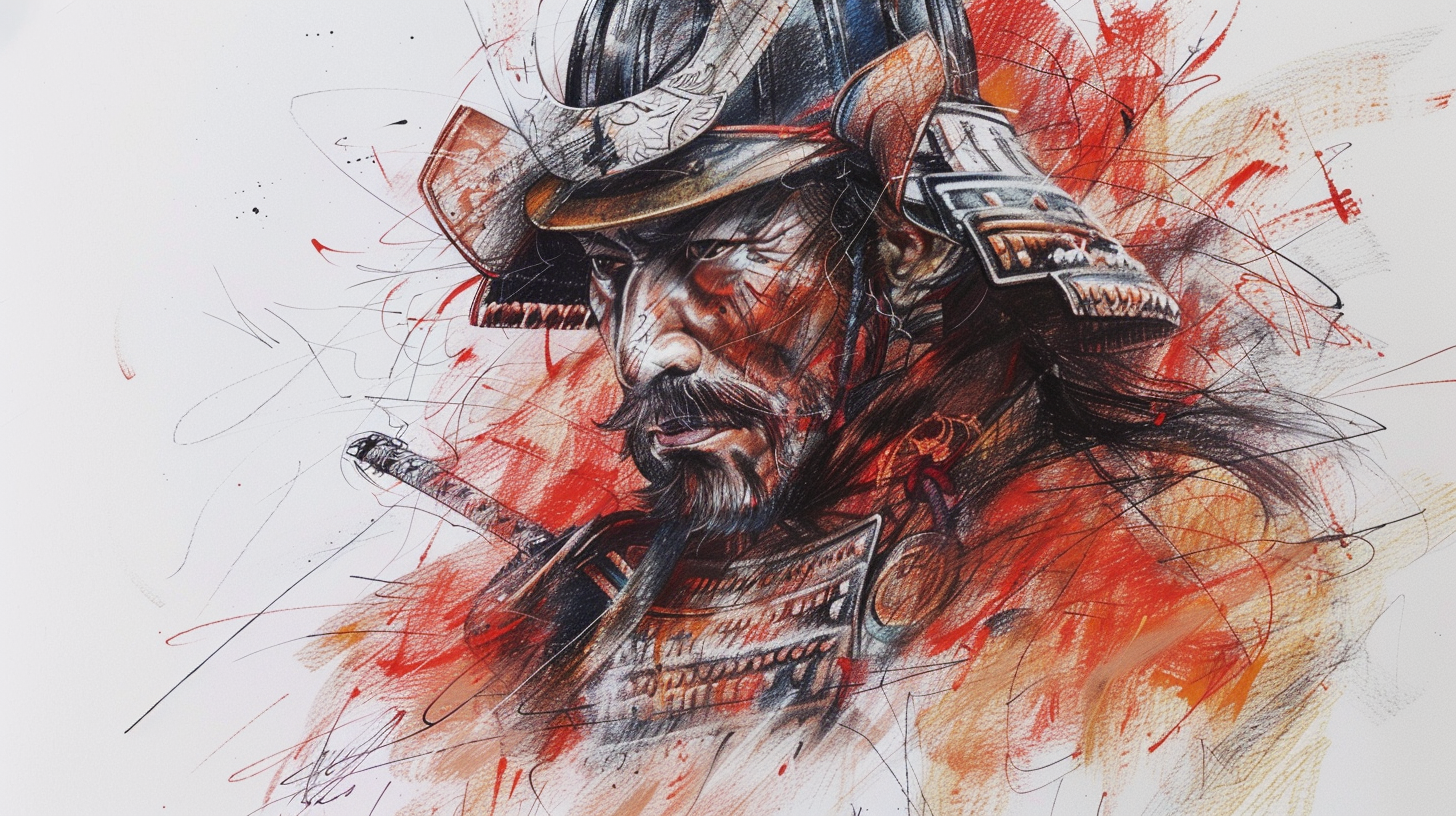Society often mistakes unwavering determination for strength, clinging to goals with a death grip. But the truly powerful and accomplished know better.
Take Takeda Shingen, the 16th-century Japanese daimyo who ruled the province of Kai. Known as the "Tiger of Kai," Shingen's military genius lay in his capacity to adapt plans mid-conflict. At a time when rigid adherence to strategy was the norm in Japan, Shingen's fluid tactics were revolutionary. At the Battle of Kawanakajima in 1561, facing his archrival Uesugi Kenshin, Shingen realized at dawn that his initial strategy was compromised. Lesser generals would have panicked or stubbornly pressed on. But Shingen, with the calm of a master warrior, swiftly reorganized his forces, turning a potential rout into a stalemate, preserving his army and his reputation.
Shingen's troops were trained not just in fighting, but in rapid redeployment; in business terms, they were agile. This allowed him to shift his battle line at a moment's notice, transforming defense into attack, or vice versa. His enemies, expecting one formation, would suddenly face another, their own plans rendered useless. His flexibility was his strength, his adaptability his armor – a lesson that resonates through the centuries for those with the wisdom to heed it.
The Folly of Rigidity
History is littered with the corpses of empires and enterprises that failed to bend to the winds of change. Kodak, once a titan of industry, clung to its traditional film business even as the digital revolution swirled around it. Its rigidity became its downfall, its once-mighty name reduced to a cautionary tale.
In stark contrast stands Slack, a company that turned potential failure into monumental success through the strategy of pivoting. Slack, as we know it today, was born from the ashes of a failed gaming company. Tiny Speck, Slack's predecessor, had poured millions into developing a multiplayer game called Glitch. When Glitch failed to gain traction, the team did something remarkable. They looked inward at the tool they'd built for their own internal communication and saw potential where others might have seen only defeat. In 2013, they pivoted hard, shutting down Glitch and repurposing their internal tool into what we now know as Slack. It was a move that took them from the brink of irrelevance to a brand-name company valued at billions of dollars.
Olympic athletes are singularly focused on the goal of winning gold, but they often shift course on how to get there. Take Michael Phelps, for instance. Prior to the 2008 Beijing Olympics, he was already a successful swimmer, but he made significant changes to his training regimen. He incorporated more variety into his workouts, including increased dryland training, improved diet, and better sleep habits. His coach, Bob Bowman, introduced new swimming techniques and strategies to keep Phelps challenged and improving. The result? Phelps went on to win eight gold medals in Beijing, setting a record for the most gold medals won in a single Olympics, showcasing the effectiveness of his updated training approach.
Adapting in Business
In my coaching practice, I advise clients to set ambitious goals and approach them with determination and vigor. However, I stress the importance of regularly reassessing their approach during Weekly and Monthly Meetings. By reviewing data and shared learnings, they can adjust their path towards their goals as needed; sometimes, even the goal itself needs to be adjusted. This iterative process ensures the team remains aligned with its core objectives while staying open to opportunities. It is the suppleness of the willow that survives the storm while the mighty oak falls.
I've seen teams coached to the contrary. They're told to stick to their original plans for at least 3 to 6 months before altering them. This makes zero sense to me. In over-simplified terms, if we're on a 500-mile road trip and at mile-marker 32 we're warned of long construction detours ahead, wouldn't we reroute ASAP rather than continue down the road? Of course we would. It's no different in business. When new impactful information presents itself early on, which we didn't have when we originally authored the goal, we'd be remiss to ignore it and press on. Instead, pivot, and do so sooner rather than later.
There's an intangible factor here: the keen awareness of when to shift or pivot. Like a skilled sailor tacking against the wind, the adaptable leader knows when to hold course and when to change direction. This demands constant vigilance, a willingness to discard plans, and the courage to strike out in new directions. The leader's adjustments are informed by the team around them and their ability to provide an accurate depiction of the business reality on a regular basis.
The weak-minded will mistake your flexibility for indecision and your adaptability for lack of conviction. Let them. Their misunderstanding is your advantage. It's the difference between a chess player who stubbornly clings to a single strategy and a grandmaster who sees the entire board, ready to sacrifice any piece to achieve victory.
Bringing this back around, are you working on the right things to achieve your goals? What needs adjustment? Are you rigidly holding onto positions where you might be better off considering a new perspective, a shift, or an adjustment?
In the words of the ancient Greek philosopher Heraclitus, "The only constant in life is change."

